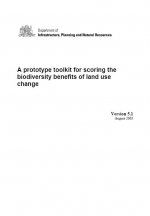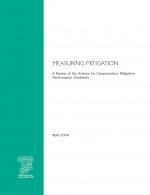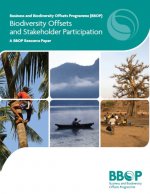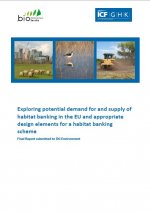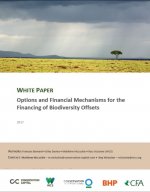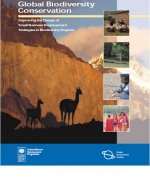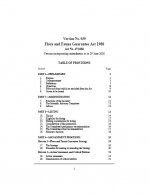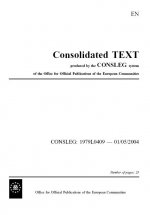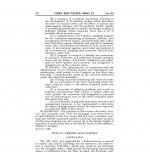A Prototype Toolkit for Scoring the Biodiversity Benefits of Land Use Change, Version 5.1
Ian Oliver, David ParkesThis document is a prototype guide that can be used to assess the biodiversity benefits (and disbenefits) likely to result from a change in land use. This toolkit aims to strike a balance between a meaningful, defensible and practical approach, and builds upon the Habitat Hectares methodology developed by the Department of Natural Resources and […]
Measuring Mitigation: A Review of the Science for Compensatory Mitigation Performance Standards
Environmental Law InstituteAttention to the federal compensatory mitigation program has been growing over the years and became heightened after the release of a National Academy of Sciences 2001 report evaluating the success of compensatory mitigation to achieve no net loss of function of the nations wetland resources. The report concluded that the goal of no net loss […]
Protecting Shareholder and Natural Value
Annelisa Grigg, Kerry ten KateInsight Investment is the asset manager of the Halifax Bank of Scotland (HBOS plc), with £71.8 billion of assets under management, as at 31 March 2004. 11.7% of Insights investments in equities and substantial bonds holdings are in oil & gas, mining & minerals and utilities companies.1 Insight applies its policy on corporate governance and […]
Biodiversity Offsets and Stakeholder Participation
BBOPThis Resource Paper was prepared by the Business and Biodiversity Offsets Programme (BBOP) to help developers, conservation groups, communities, governments and financial institutions that wish to consider and develop best practice related to biodiversity offsets. It provides information on stakeholder identification, engagement and participation in the design and implementation of biodiversity offsets, considering both the […]
Exploring potential demand for and supply of habitat banking in the EU and appropriate design elements for a habitat banking scheme
Matt Rayment - ICF GHK ConsultingThis report presents the findings of a research project undertaken by GHK Consulting Ltd (ICF GHK) and BIO Intelligence Service (BIO IS) for DG Environment to explore potential demand for and supply of habitat banking in the EU, and appropriate design elements for a habitat banking scheme. The research examined the following topics: ■ The […]
Options and Financial Mechanisms for the Financing of Biodiversity Offsets
White Paper
Francois Barnard, Giles Davies, Matthew McLuckie, Ray Victurine - Conservation Capital, WCSTo date very little attention has been paid to the design and development of adequate financing and associated mechanisms to support offset funding needs across both the short and long term. Addressing offset financing is a topic of growing relevance and importance for governments, companies and civil society. In practical terms, financial sustainability together with […]
Local Business for Global Biodiversity Conservation
Andrew Bovarnick, Ajay Gupta - United Nations Development Programme, United Nations Development Programme
Flora and Fauna Guarantee Act 1988: Version No 030
Government of AustraliaThe purpose of this Act is to establish a legal and administrative structure to enable and promote the conservation of Victoria’s native flora and fauna and to provide for a choice of procedures which can be used for the conservation, management or control of flora and fauna and the management of potentially threatening processes.
Council Directive of 2 April 1979 on the Conservation of Wild Birds
European UnionThis Directive relates to the conservation of all species of naturally occurring birds in the wild state in the European territory of the Member States to which the Treaty applies. It covers the protection, management and control of these species and lays down rules for their exploitation. Annex 1Annex 2Annex 3
Federal Water Pollution Control Act
Government of the United StatesA program of ecosystem assessment assisting in the development of (i) baseline studies which determine the state of estuarine zones and the effects of natural and anthropogenic changes, and (ii) predictive models capable of translating information on specific discharges or general pollutant loadings within estuarine zones into a set of probable effects on such zones.


